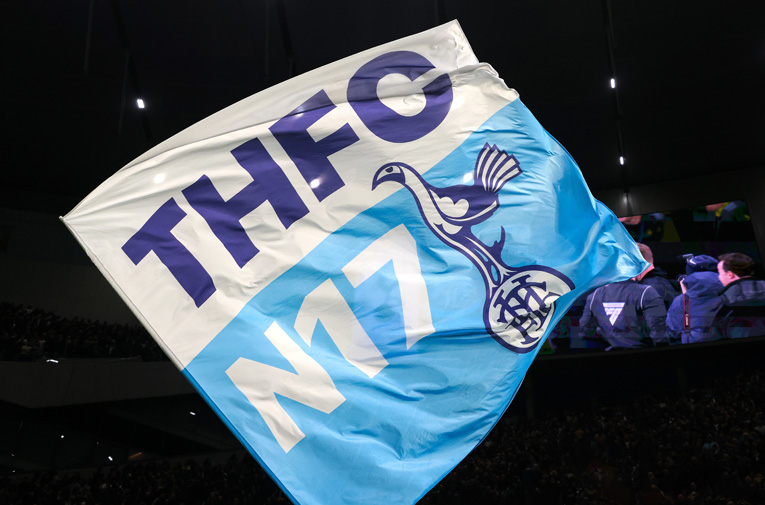In a recent development that highlights the ever-evolving nature of football branding, Tottenham Hotspur has issued guidance to Premier League broadcasters about how the club should be referenced. Specifically, the club has expressed a preference for being called “Tottenham Hotspur,” “Tottenham Hotspur Football Club,” or “THFC,” while discouraging the use of “Tottenham.” Instead, they favor the shorthand “Spurs.”
This decision has sparked a variety of reactions. Some fans argue that it is a minor concern in light of the team’s current performance on the field. Others speculate that the preference for “Spurs” might be linked to trademarking, despite the fact that the club already lists “Tottenham” as a registered trademark.
Looking back at its origins, the club was founded as “Hotspur FC” in 1882, with “Tottenham” added two years later to distinguish it from another club called Hotspur. The recent emphasis on “Spurs” seems like a nod to the club’s roots. However, it also signifies a broader trend where football clubs are reshaping their identities to appeal to a global market.
Tottenham’s preference for “Spurs” over “Tottenham” might seem trivial, but it underscores a significant issue in modern football. Clubs are increasingly prioritizing their global brand identity over their local heritage, trading history and culture for a more marketable image.
This trend isn’t confined to Tottenham. Manchester United removed “Football Club” from their crest in 1998; Liverpool unsuccessfully attempted to trademark the city’s name for merchandising purposes; Chelsea marked their 120th anniversary with a crest featuring “LDN,” and West Ham United added “London” to their revamped crest post a fan vote.
The commonality in these decisions resides in the desire to make a club’s identity easier to consume on a global stage. Nevertheless, this often comes at the cost of a club’s true representation: its community.
Football clubs are, at their core, emblems of their local communities, not merely global brands. Tottenham’s push for the “Spurs” identity might seem insignificant, but it reflects a larger shift in sports priorities. Ultimately, it serves as a reminder that clubs must find a balance between preserving their traditions and embracing modernity.
Mark Critchley, a football writer for The Athletic, has stressed the importance of clubs remembering their roots and their responsibilities to local communities. As the sport continues to evolve, it is vital for clubs to prioritize their history and culture alongside their global ambitions.Mark Critchley is a football writer for The Athletic, covering Manchester United and Manchester City. Follow him on Twitter @mjcritchley.
To catch up on the latest news and updates from the team, check out the Tottenham Hotspur Official Website. Special thanks to Action Plus Sports Images for providing photography. Stay tuned for more player ratings and match analysis in our upcoming posts. For more up to date news and analysis Join our community



